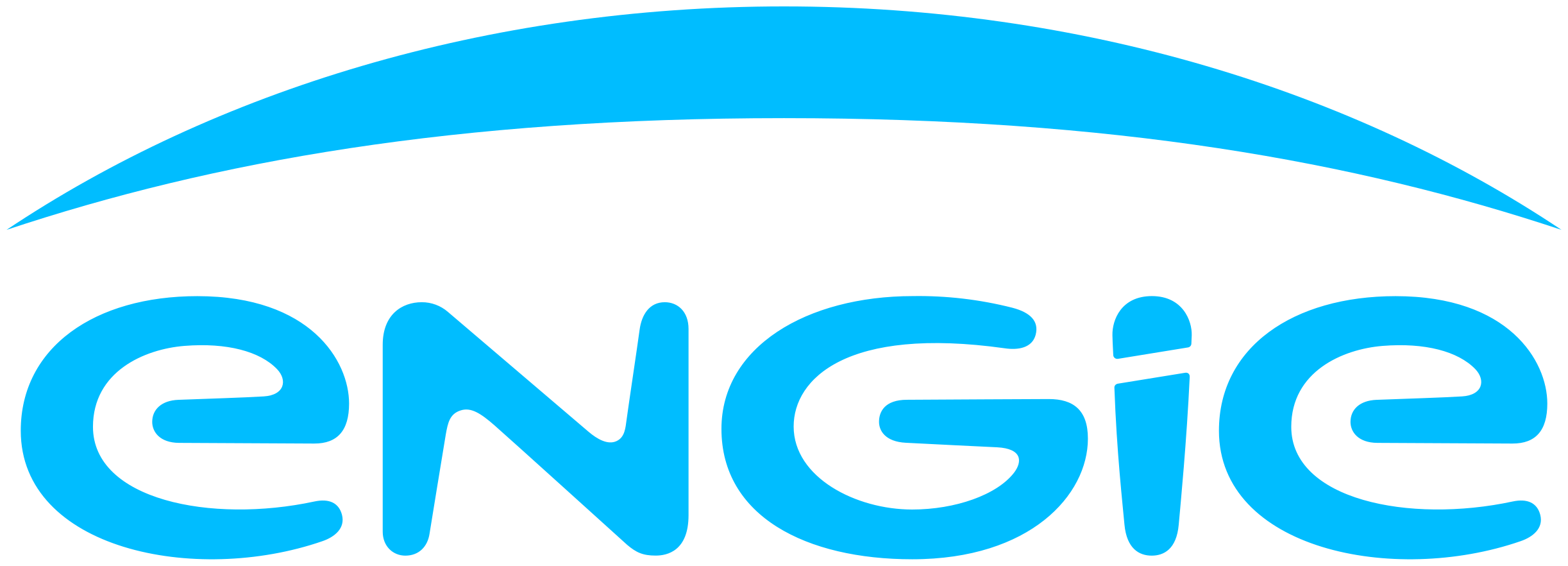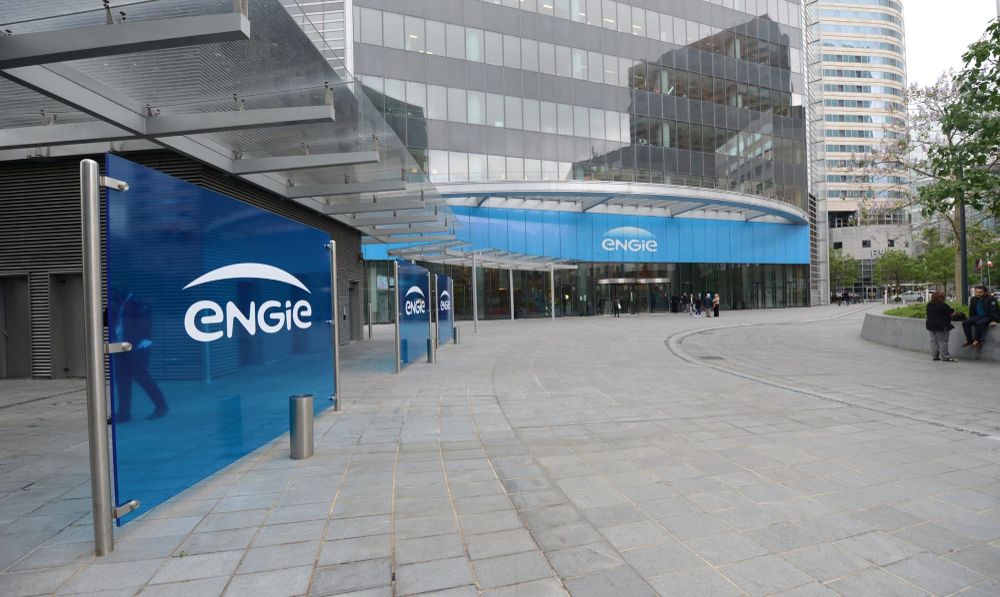Approach
Design and preparation
Möbius supported the project team in the general definition of the processes and their detailed elaboration. These processes helped to establish the internal organisation of the new department and to clarify the interactions between the Supply Chain and other company functions, such as purchasing, marketing or field teams. Based on the detailed processes, Möbius also helped the project team to assess the human resources requirements for the three Supply Chain functions.
Prior to the implementation, Möbius supported the project team in the training of all stakeholders and in the communication of the new operating procedures.
Implementation support
During the start-up, Möbius assisted the project team in defining the stock level to be implemented at the new national platform. Using a customized model, the team was able to propose different options to the management and simulate the consequences for the target stock value and the evolution of the stock over time.
Möbius also supported the project team in defining the functional requirements for the new forecasting and replenishment planning tools. Acting as an interface between the users, the software publisher and the internal IT department, the consultants helped to clarify the requirements, monitor the progress of the development and check that the result met expectations.
The consultants finally took charge of project management throughout the implementation.
Team coaching
After the launch, Möbius set up a personalised coaching program for the new head of demand management. Through a combined training-coaching formula, this approach provided concrete answers to the questions that arose as the new position became more and more important within the company.
Results
The project enabled the establishment of the processes, organisation, and tools necessary for the proper functioning of the new integrated Supply Chain within Engie Home Services. The Supply Chain currently manages 300 references centrally and 3,000 references for 170 branches. It ensures a service level of 95.6% to the agencies, allowing them to improve their service to consumers.
The new integrated Supply Chain has enabled the implementation of a centralised purchasing strategy, a 15% reduction in transport costs and a 10% reduction in inventory.






